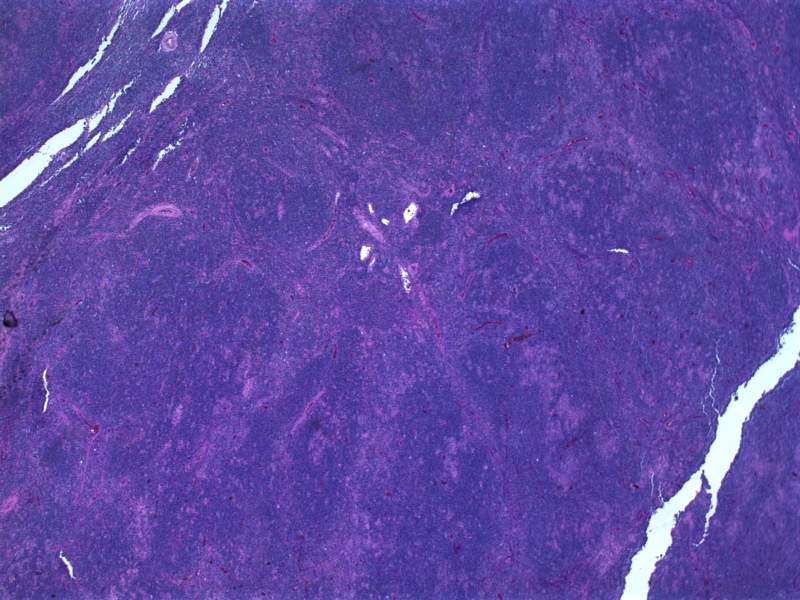
US-based TG Therapeutics has reported positive interim results from the ongoing Phase IIb UNITY-NHL clinical trial of umbralisib involving patients with marginal zone lymphoma (MZL).
Data from the MZL cohort showed that umbralisib led to a 52% overall response rate (ORR), with a complete response (CR) rate of 19% and partial response rate of 33%.

Discover B2B Marketing That Performs
Combine business intelligence and editorial excellence to reach engaged professionals across 36 leading media platforms.
Umbralisib is an investigational, oral, small molecule PI3K delta inhibitor being developed to treat non-Hodgkin lymphoma (NHL) and chronic lymphocytic leukaemia (CLL).
As of 20 October 2018, the UNITY-NHL trial enrolled 69 patients with relapsed / refractory marginal zone lymphoma. Participants were given an 800mg once daily umbralisib until disease progression or unacceptable toxicity.
Among the 38 patients who had at least six months of follow-up, four were observed to have a complete response and 17 experienced a partial response.
Results showed that median duration of response had not been reached.

US Tariffs are shifting - will you react or anticipate?
Don’t let policy changes catch you off guard. Stay proactive with real-time data and expert analysis.
By GlobalDataTG Therapeutics executive chairman and CEO Michael Weiss said: “As announced previously, the efficacy for the entire population has already reached our target range of 40%-50% ORR and we look forward to presenting the final data from the entire MZL cohort later this year when all patients have had the opportunity to be followed for at least nine cycles.”
Furthermore, interim safety data revealed no unexpected toxicities. The most common adverse events were diarrhoea, nausea and fatigue.
The UNITY-NHL interim data has been presented at the American Association of Cancer Research (AACR) Annual Meeting 2019.





